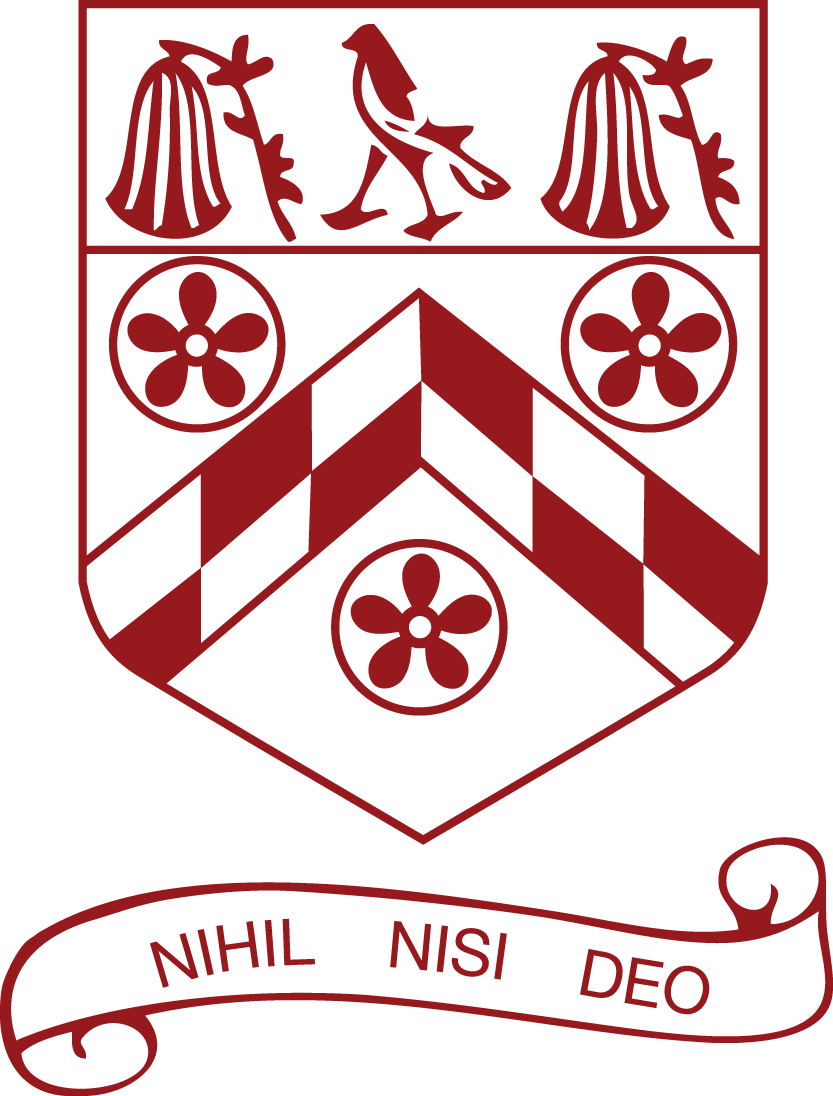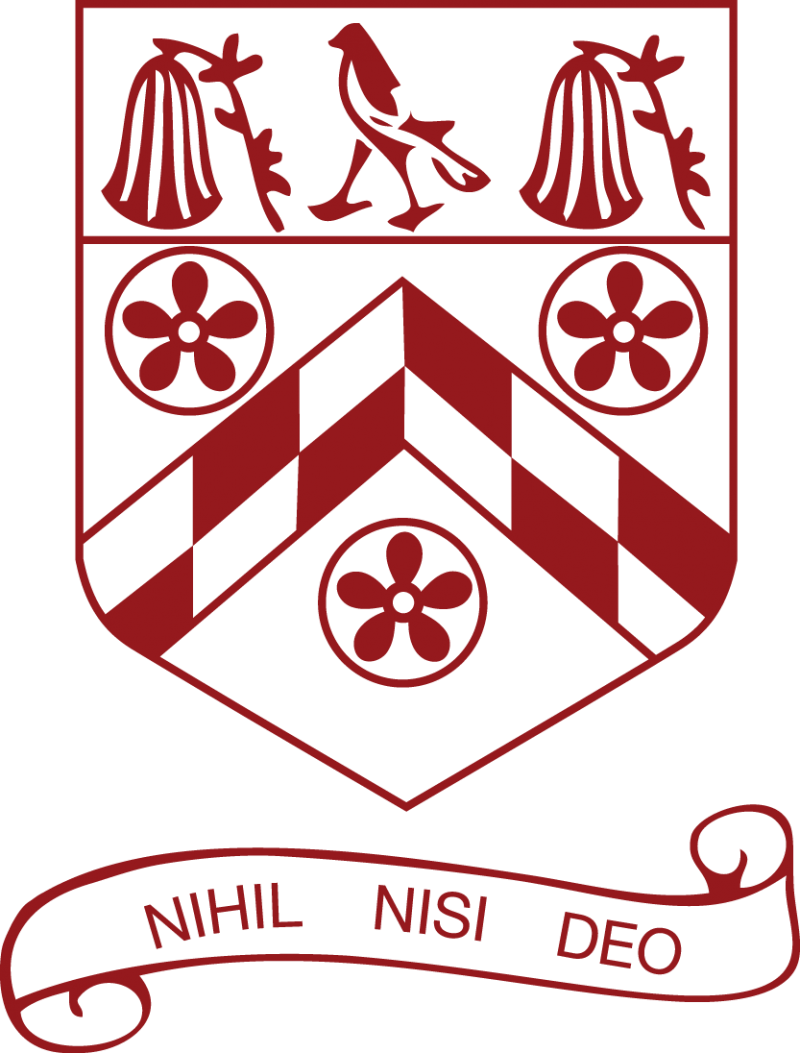Main School
A Community of Faith
In the book of Genesis, it says that God created mankind in his own image. (Gen 1:27) This bestows on human beings a very special status, what the Church calls the particular dignity and destiny of each human being. We are made for God and are open to the transcendent. In other words, we have an inner sense of the divine which we might experience in nature, in art, in a loving relationship, or in periods of deep reflection. This belief is fundamental to Catholic schools and informs our anthropology, our understanding of the person. We do not believe that human beings are random and that nature is some magnificent freak of evolution. All human beings have a divine seed within them, they are loved by God, and that belief informs how we go about the business of education.
Many traditions of course believe in a creator God but as Catholic Christian schools we believe that God revealed himself in Jesus of Nazareth, who was true God and true man. In Jesus, we see the human face of God, the revelation of the nature of the Father. And it is good news. Jesus reveals a God who is compassionate, forgiving and gentle, whose very nature is love and who urges us to live in love and to build up a kingdom of love. The Gospel of Jesus Christ is central to the Catholic school. What the Catholic school offers is a Christian vision of reality, a set of values based on the loving, caring, challenging mission of Jesus. In a society where many seem to lose their way through lack of values or in the pursuit of endless pleasure and material gain, this is a counter-cultural message of hope.
So do all pupils in Catholic schools have to be Catholic, or will the staff try and convert them so they believe this message? No. The Church is very clear about the purpose of its schools. If a young person is Christian then they will be supported in their formation to mature in the faith through the school’s chaplaincy, retreat programmes and accompaniment. However, in the Declaration on Christian Education, which was published in 1965, the Church makes it very clear that there are different types of Catholic schools, including those with pupils who are not Catholic or have no knowledge of the faith. These pupils are very welcome in our schools. It is expected that they and their families will be supportive of the Catholic ethos of the school. Religious education will cover other religions as well as Catholicism and will focus on transmitting knowledge and understanding of religion in a spirit of age-appropriate critical thinking, and will not impart a one-sided outlook.
A school which believes the above will have a particular atmosphere and way of doing things. What strikes many people about Catholic schools is the quality of pastoral care. This care is extended to all, but especially to the most vulnerable and fragile. A phrase you often here in Catholic schools is it’s like a family here which is what any parent would want for their child: to be educated in a place where the feel valued and belong. In such an environment they can flourish. It is of course a Catholic community and the sacraments and services of the Catholic Church will be central to the school’s calendar.
What kind of education is offered at Catholic schools? The day to day curriculum will look very much like any other school, with preparation for public exams and a full range of subjects on offer. What characterises a Catholic school is a commitment to the formation of the whole person. So academic standards are important as part of a rounded education. Catholic schools are not exam factories but more like gardens where young people’s physical, moral and intellectual development is tended to with care and diligence. Pupils in Catholic schools are invited to develop a moral compass, a set of values based on the Gospel to guide their future lives. The purpose of an education in a Catholic school is not just to ensure future economic success, but to encourage our pupils to serve the common good of society.
Finally, Catholic schools develop discernment and critical thinking. Knowledge has to be gained to pass exams but a commitment to the formation of the whole person requires deep learning and growth in wisdom. The purpose of this growth is not self-serving but for the good of others. The Catholic school is part of the mission of the Church to build up the kingdom of God, to make society more just, to create a civilization of love. Our pupils will leave us to take their place in society and in some cases they will be the leaders and policy-makers of the future. Whether their adult lives are private or public, we want them to live that life to the full and to help create a better world, one which is more in tune with the values of Jesus Christ.
For an explanation of what makes our Catholic school distinctive, listen to Dr Uttley here.

